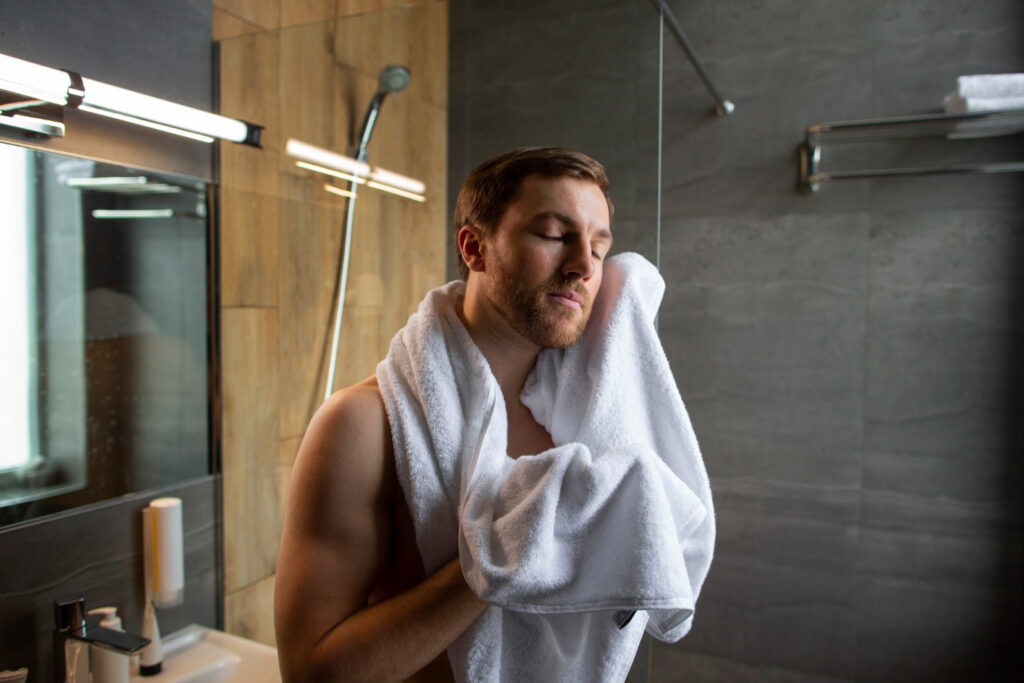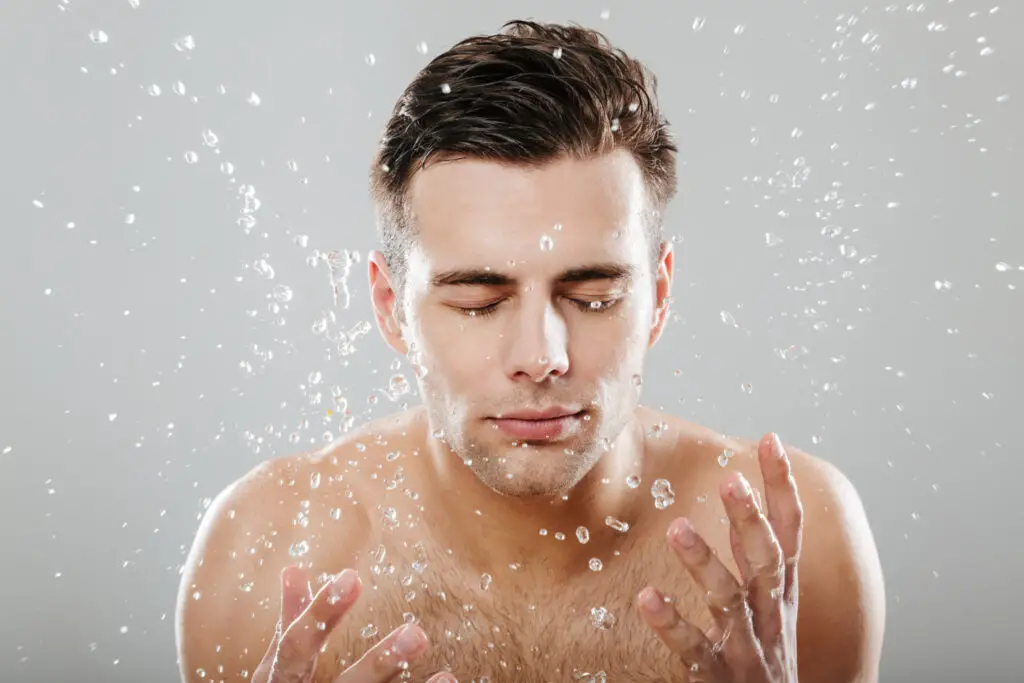Morning or Night? 8 Reasons the Best Time to Shower Might Surprise You

Have you ever stood under the showerhead debating whether to rinse off at dawn or wind down under warm water at night? You are not alone. The question of whether morning or night showers are better comes up more often than you might think. The truth is, there is no one-size-fits-all answer. The best time to shower depends on your lifestyle, skin type, hair type, and how you want to feel for the day or night ahead.
In this blog, we will explore eight key insights that can help you figure out the shower schedule that works best for you. Whether you are an early-morning workout enthusiast, someone who likes to unwind after a long day, or just trying to improve your sleep, these tips will help you make a more informed decision.
1. Fresh Start: Morning Showers Wake You Up

A morning shower is one of the best ways to kickstart your day. While you sleep, your body produces sweat and sheds skin cells. Your hair and skin can also pick up oils overnight. Showering in the morning removes these residues and leaves you feeling clean, refreshed, and ready to face the day.
For people who wake up feeling groggy, experience oily hair in the morning, or want to feel fully awake before work, a morning shower is a great way to reset. It can also help you prepare your hair and skin for styling, giving you the confidence to step out the door looking and feeling your best.
2. Relaxation: Night Showers Can Help You Unwind

If your days are long and your mind does not easily shut off, a warm shower at night can be a game changer. Showering before bed helps your body relax and signals that it is time to wind down. Research suggests that taking a warm shower one to two hours before sleeping can help lower your core body temperature, making it easier to fall asleep.
Even if you are not struggling with insomnia, a night shower can serve as a comforting ritual to separate work, errands, and stress from rest. It is an opportunity to pause, breathe, and let the water wash away the day’s worries.
3. Skin and Hair Considerations Matter

Your skin and hair type should also influence when you shower. If you have oily skin or a naturally greasy scalp, a morning shower may help you feel clean and refreshed as you begin your day. For people who wake up with messy hair or sweat in their sleep, this can be a practical choice.
On the other hand, if you spend your day outdoors, are exposed to dust, or wear sunscreen and other products, a night shower might be more beneficial. Washing off dirt, pollen, and pollutants before bed protects your sheets and ensures you are not carrying allergens into your sleep.
4. Match Your Shower Time to Your Lifestyle

Your daily routine can make a huge difference in deciding whether to shower in the morning or at night. Morning showers are great for those who want to wake up quickly, style their hair for work or errands, or feel energized at the start of the day. Night showers are better suited for people who finish their day with exercise, outdoor activities, or a stressful work schedule.
It is not just about convenience; it is about aligning your shower routine with your lifestyle to maximize its benefits. Thinking about your day ahead can help you choose the time that best fits your personal rhythm.
5. Sleep Quality Can Benefit from Night Showers

If falling asleep is a nightly challenge, shower timing may be part of the solution. Warm showers in the evening can improve sleep quality by helping your body cool down naturally afterward. This drop in temperature signals your body that it is time to rest, supporting a more restful night.
For best results, aim to shower about 60 to 90 minutes before bedtime. Keep the water warm rather than hot, as extreme temperatures can irritate your skin and interfere with relaxation. Pairing your shower with other calming routines, such as reading or gentle stretching, can further enhance your sleep.
6. Hygiene and Bedding Are Key

Regardless of whether you shower in the morning or at night, maintaining proper hygiene and clean bedding is essential. Night showers are especially helpful in preventing dirt, sweat, and allergens from building up on your sheets. However, if your bedding is dirty, the benefits of showering at night can be reduced.
A good habit is to change your sheets and pillowcases at least once a week, or more often if you sweat heavily, have pets in your bed, or suffer from allergies. Clean bedding ensures that your shower routine, morning or night, is more effective and contributes to better skin health and comfort.
7. Shower Smart: Tips for Healthy Skin and Hair

How you shower matters as much as when. Stick to warm water instead of hot to avoid drying out your skin or aggravating conditions like eczema. Keep showers to five to ten minutes to cleanse effectively without over-stripping natural oils.
After your shower, applying moisturizer while your skin is still damp helps lock in hydration, which is especially important for night showers. If you shower at night, dry your hair thoroughly to avoid scalp irritation and ensure you wake up comfortable. Small adjustments like these make a bigger difference than the exact time of day.
8. Experiment and Decide What Works for You

Since there is no universally perfect shower time, the best approach is to experiment. Try showering in the morning for one week and then switch to night showers the next. Pay attention to how your energy, sleep, skin, and hair respond.
Personal preferences and daily routines matter most, and your body will often tell you which routine feels better. You might even find that a combination of both works best on different days, depending on your schedule, weather, or stress levels.
Final Thoughts

So what is the ultimate answer? The best time to shower is the one that fits your lifestyle, supports your health, and leaves you feeling refreshed. Morning showers energize you, prepare you for the day, and can help manage oily skin or bed hair. Night showers relax your body, remove dirt and allergens, and support better sleep.
Remember, it is not just about the clock; it is about making shower time work for you. Listen to your body, consider your schedule, and observe how your skin and hair respond. Whether you wake up with a revitalizing rinse or unwind under warm water at night, your shower is more than just hygiene—it is a tool for self-care, energy, and relaxation.
Try both routines, find your sweet spot, and embrace a shower schedule that makes every day or night feel a little better. Your body and mind will thank you.
Leave a Reply